Deo Gratias = thanks be to god (any god).
Grace = a short prayer at a meal asking a blessing or giving thanks
From 129 years ago – here we have Henry S. Salt ‘spoofing’ a prayer – 6 verses attempting to make meat-munchers think / reflect.
Verse 1 – refers to ‘meat’.
Verse 2 – Oxen – over-driven, bruised, and sore – stumbling to the shambles’ door. (shambles = private slaughterhouse)
Verse 3 – Cod – plucked from the sea – gasping for air – killed with a knife.
Crimp = a method of preparing fish by slashing them while alive and leaving an hour or so in water before being plain boiled. This unusually English procedure was described in Francis Grose’s ‘Dictionary of the Vulgar Tongue’ as “a cruel manner of cutting up fish alive, practised by the London fishmongers, in order to make it eat firm; cod, and other crimped fish, being a favourite dish among voluptuaries and epicures.”
Verse 4 – Veal calves – taken from their mothers – the blood drained from their bodies.
Verse 5 – Turkeys & pigs – slaughtered.
Verse 6 – refers to ‘corpses’.
The whole ‘Grace’ is reminding callous folk that they are eating a succession of corpses.
Henry S. Salt was ‘one sharp cookie’.
The Dietetic Reformer and Vegetarian Messenger
April 1st, 1885
………………………………………………………………………………………………………
An image of our Ernest Bell Library copy of the 1885 magazine page
More of Henry S. Salt’s verses / poems – here.
………………………………………………………………………………………………………
Deo Gratias
[A grace before meat, dedicated to our flesh-eating friends]
What fairer sight can earth afford
Than hungry friends round festive board,
With hearty grace before their meat,
“For what we are about to eat
God make us truly thankful!”
First soup, concocted from the tails
of oxen brought from distant vales,
Till over-driven, bruised, and sore
They stumbled to the shambles’ door:
God make us truly thankful!
Crimped cod comes next, delightful dish;
Plucked from the sea, a lordly fish,
He gasped awhile, but soon, alack,
They cut the notches in his back:
God make us truly thankful!
Veal cutlets, delicately white,
A calf it was that frisked light,
Then, taken from its mother’s side,
Was slowly bled, and bleeding died:
God make us truly thankful!
A turkey next, from dunghill reft,
With sausages to right and left;
Sliced ham, the flesh of measly swine:
God spare the health of those who dine,
And make them truly thankful!
But here we pause; ‘twere long to tell
What corpses still the banquet swell;
How many a beast and bird has bled,
For which that hearty grace is said:
“God make us truly thankful!”
.
Henry S. Salt – in – The Dietetic Reformer and Vegetarian Messenger, April 1, 1885
………………………………………………………………………………………………………
Henry Shakespear Stephens Salt was born on 20 September 1851 in Nynee Tal, India, the son of Colonel Thomas Henry Salt of the Royal Bengal Artillery. He was christened Henry Shakespear Stephens Salt and shortly after his birth Salt’s mother, Ellen Matilda Salt, return to England with Henry. Much of his childhood was spent in the Shrewsbury home of his maternal grandparents, the Allnatts.
He was educated at Eton and Cambridge, before returning to Eton as a master. However, from about 1880 largely through his brother-in-law and fellow Eton master J.L. Joynes, he was introduced to the leading social reformers of the day including Henry George, William Morris and Edward Carpenter; and the then unknown George Bernard Shaw. Also, by gradual degrees he was beginning to question his diet and developing an interest in vegetarianism. By 1884 the conviction grew on him that Eton masters “were but cannibals in cap and gown – almost literally cannibals, as devouring the flesh and blood of animals … and indirectly cannibals, as living by the sweat and toil of the classes that do the hard work of the world”. – more.
Henry S. Salt & a cat friend
Photo Source
………………………………………………………………………………………………………
Henry S. Salt’s ‘religious faith’
I have made two sections bold – the original piece was hand-written
.
Henry Salt died in Brighton, Sussex, on 19 April 1939. At his cremation service his friend Bertram Lloyd read out the testament that Salt had written for his friends / for the occasion.
.
It included these words: –
.
“I wholly disbelieve in the present established religion; but I have a very firm religious faith of my own, a Creed of Kinship, I call it, a belief that in years to come there will be a recognition of the brotherhood between man and man, nation with nation, human and sub-human, which will transform a state of semi-savagery as we have it, into one of civilization, when there will be no barbarity as warfare, or the robbery of the poor by the rich, or the ill-usage of the lower animals by mankind. Such is my faith; and it is because I hold all supernatural doctrines taught under the name of religion to be actually harmful in diverting attention from the real truths, that I believe them to have a tendency, as Ingersoll expressed it, to petrify the heart.” – from another of our websites – http://www.henrysalt.co.uk/studies/essays/humane-influences-of-henry-salt
.
Who was Ingersoll? What does “…petrify the heart.” mean? – see FAR below this – down, down, down.
.
………………………………………………………………………………………………………
Our Projects
The Henry Salt Archive is one of our, almost completed, projects.
The Humanitarian League is our Hong Kong registered charity.
The Ernest Bell Library’s primary objectives are to: –
-
Collect all of Ernest Bell’s book & non-book works and make them easily accessible to everyone.
-
Collect the literature of vegetarianism and all the other humanitarian movements in which Ernest Bell was so deeply involved.
-
Assist students and scholars in their research.
-
Introduce all aspects of Ernest Bell’s life, including his writings, campaign work, influences and his circle of friends.
-
Undertake our own research into missing aspects of Ernest Bell’s life and work.
We already have more than 300 pieces of Ernest Bell’s own writings.
We are also actively building a collection of examples of promotional material, campaign material, fundraising & marketing activities etc. – related to: –
-
veg(etari)an products.
-
veg(etari)an books & other publications.
-
veg(etari)an organisations.
-
veg(etari)an businesses.
-
animal rights organisations.
-
animal rights publications.
-
humanitarian organisations.
-
humanitarian publications.
-
rambling clubs run by members of the above groups & related publications.
-
the work of Richard St. Barbe Baker & the ‘Men of the Trees’ organization & its many sub-branches.

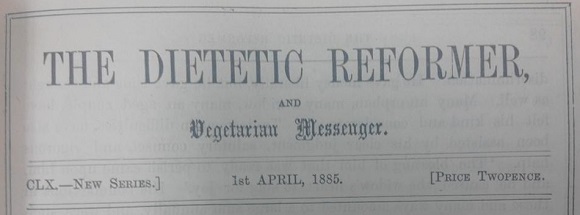
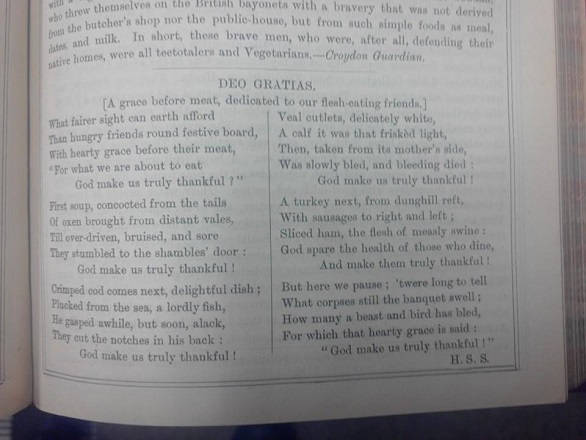
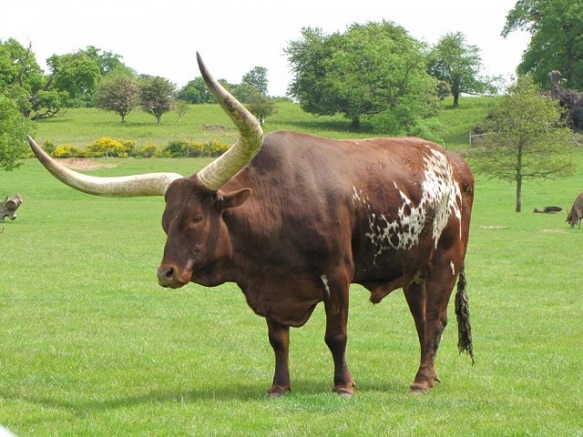
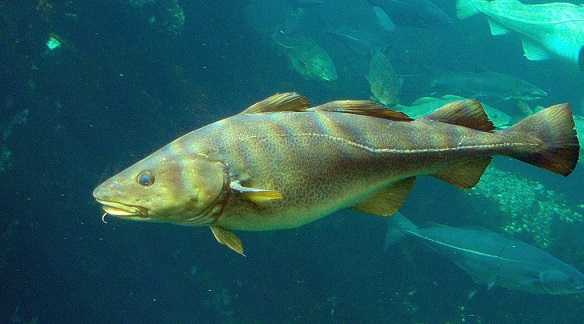
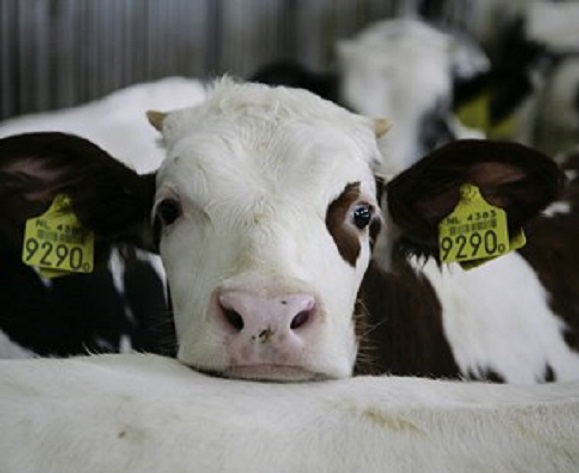
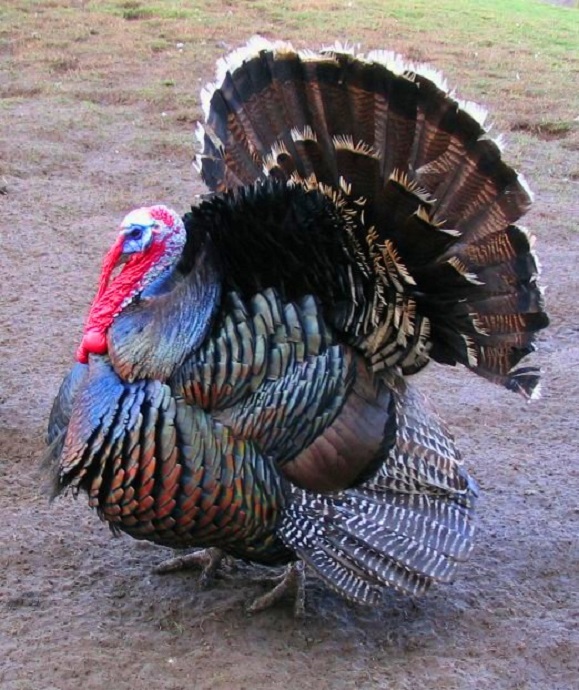
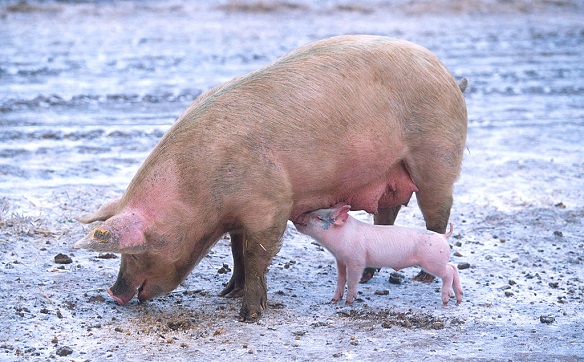
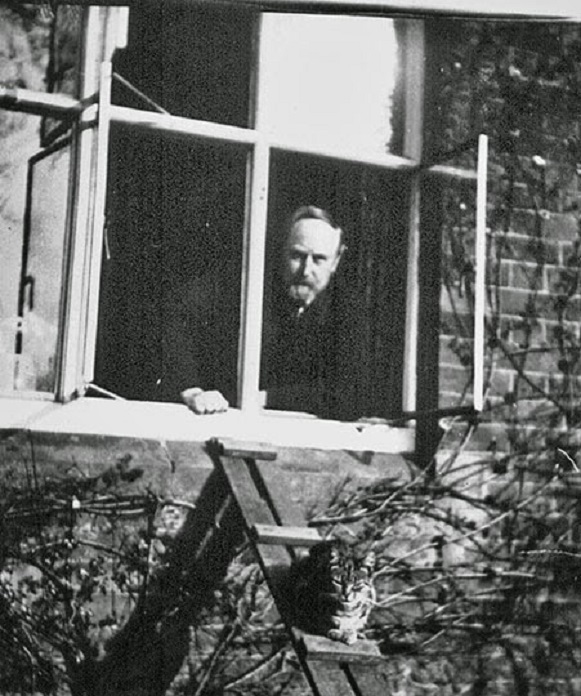

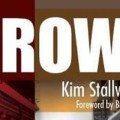
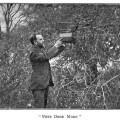
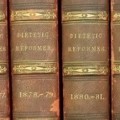
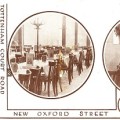
No Comments